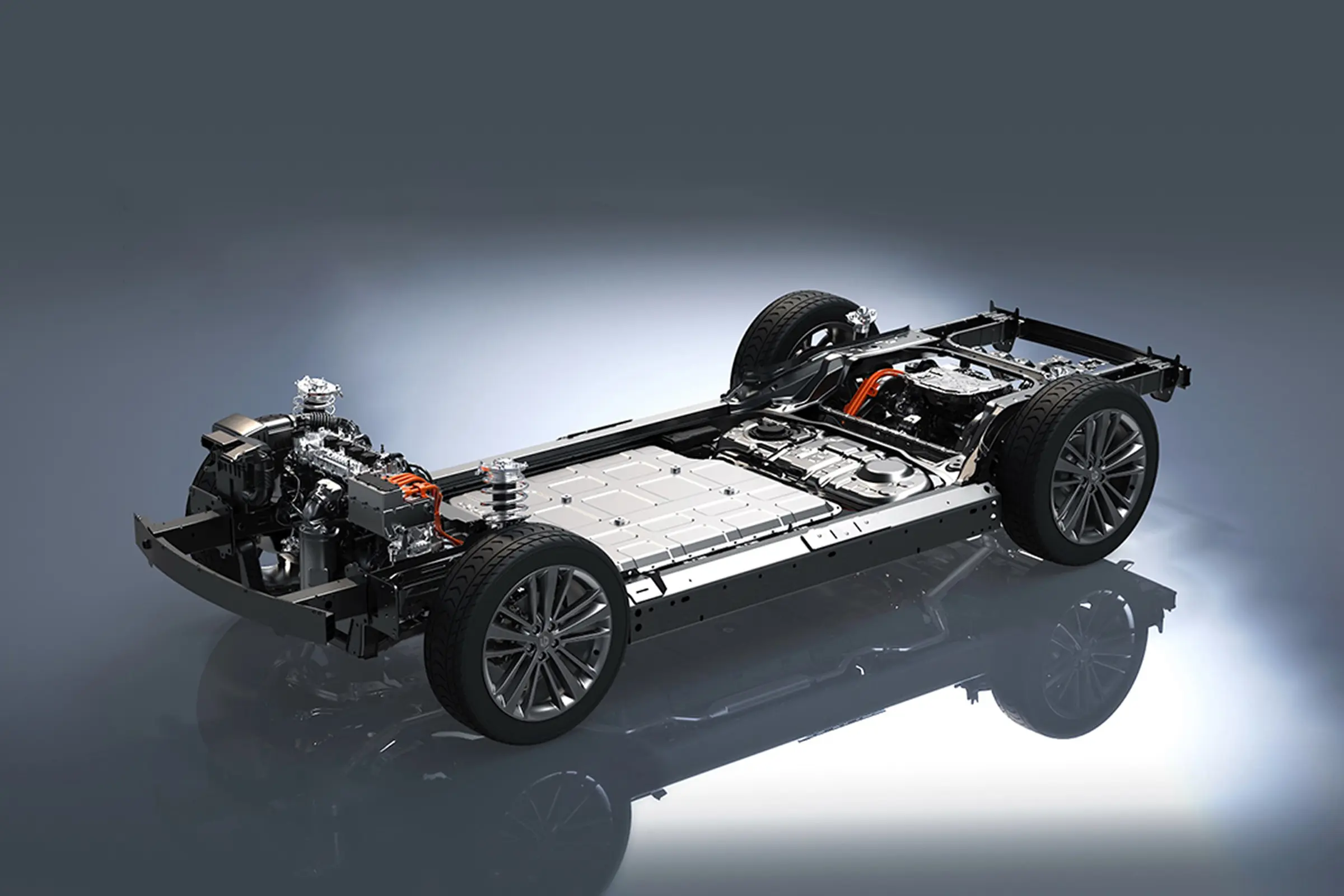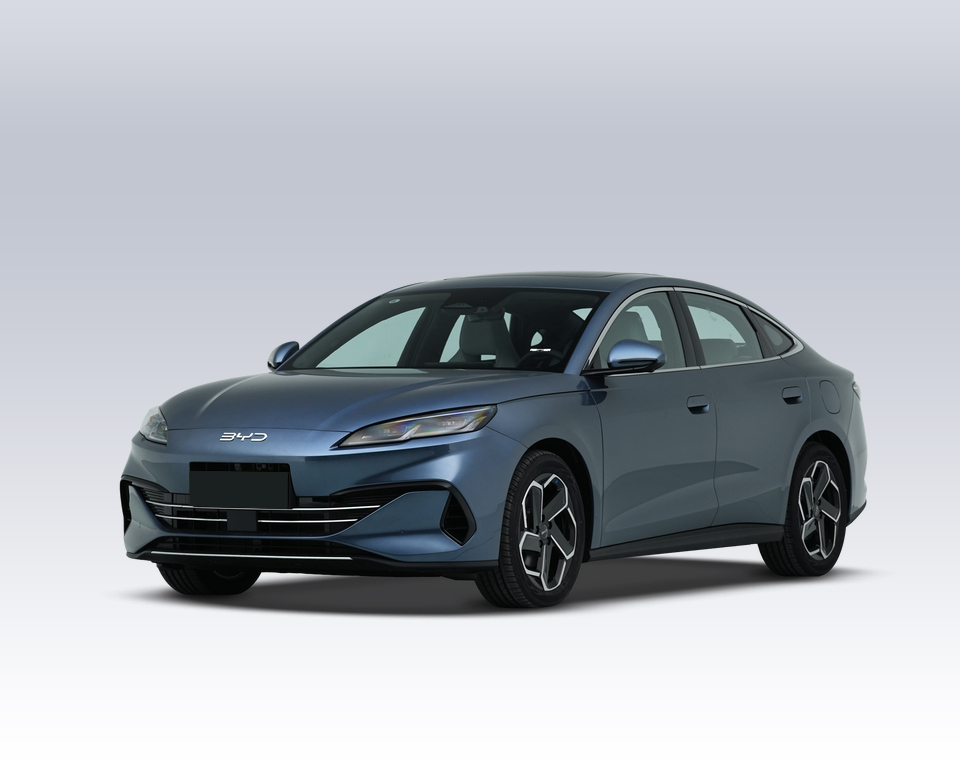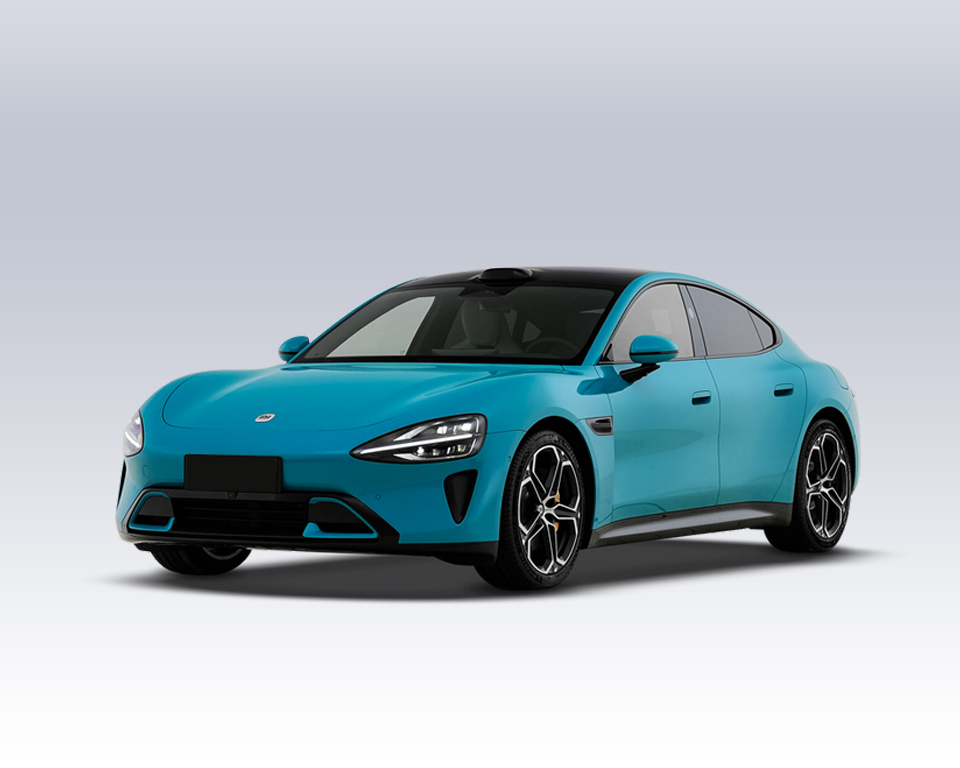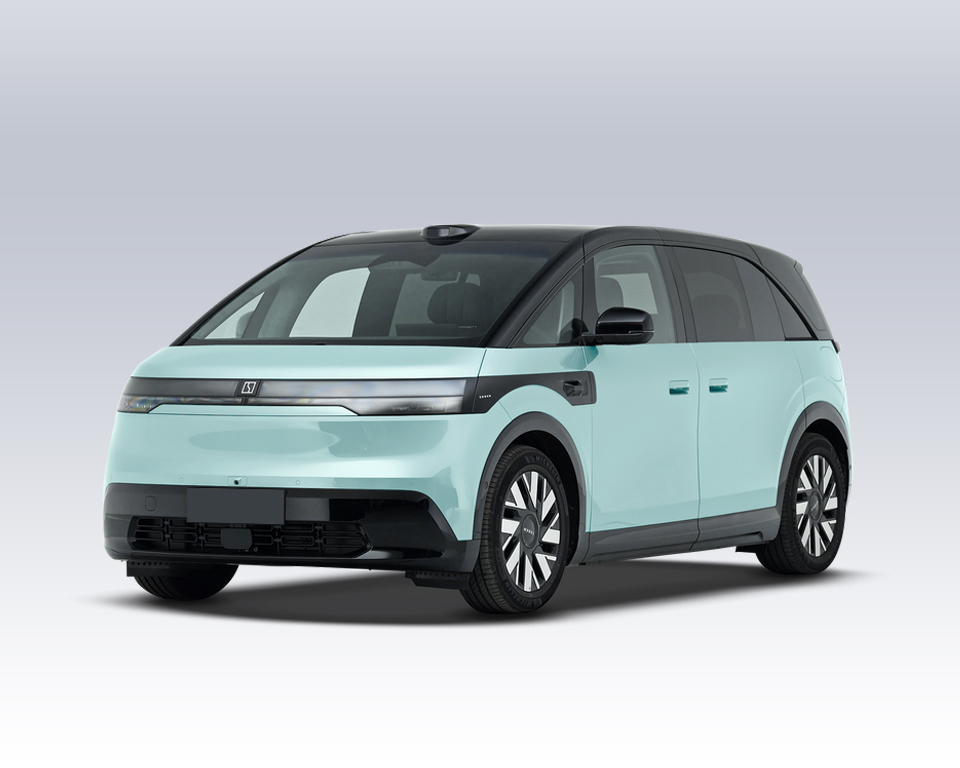How to Obtain After-Sales Service for Imported Chinese Electric Vehicles?
Against the backdrop of the booming development of new energy vehicles (EVs) in China, an increasing number of overseas customers are choosing to import EVs from China. However, while cross-border vehicle imports provide consumers with more choices, the geographic nature of car imports can lead to trust issues due to the lack of after-sales maintenance services. The unique parallel import method for EVs allows exporters to sell cars as used vehicles at very favorable prices, but this means that all cars purchased through parallel imports cannot enjoy after-sales services available in the exporting country. Therefore, how to obtain a better after-sales experience after purchasing an EV is a significant concern for many consumers, and this article aims to analyze this issue and propose some solutions to ensure a more reassuring experience for consumers importing EVs from China.
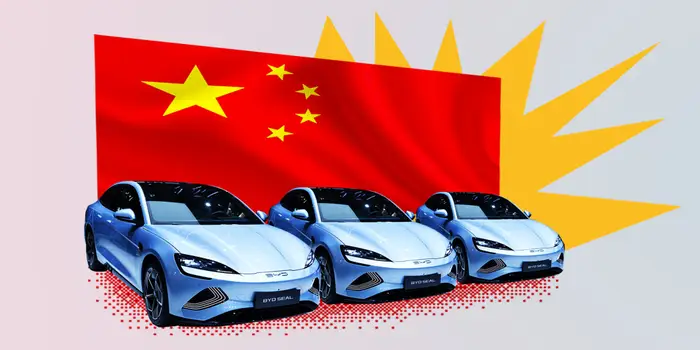
Regarding After-Sales Issues:Typically, parallel imported cars do not include after-sales service. However, the quality of Chinese EVs is stable, and the probability of non-accident-related issues occurring during use is low. Even if problems arise, consumers can pay for repairs at local authorized 4S stores. If there are no authorized 4S stores nearby, they can purchase parts from China and have repairs done at local repair shops, so after-sales issues are generally not a major concern.
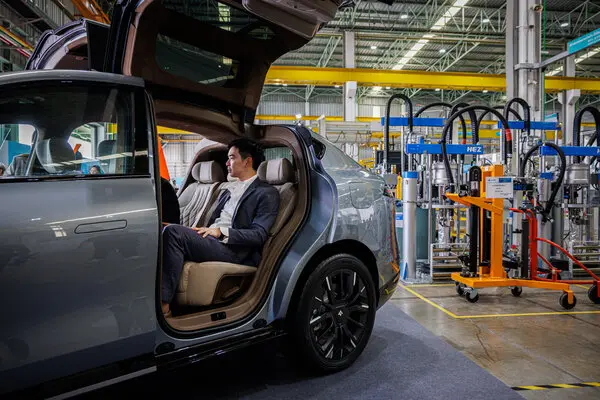
In recent years, the development speed, quality, and standards of Chinese EVs have made significant progress, positioning China as a leader in the global electric vehicle market. Driven by supportive policies, technological innovations, and market demand, the Chinese NEV market is experiencing rapid growth. According to data, NEV sales in China surpassed 6 million units in 2022, accounting for approximately 60% of global electric vehicle sales. The government’s actively promoted “New Energy Vehicle Industry Development Plan” and subsidy policies have provided strong support for the industry. Furthermore, China has accelerated the construction of charging infrastructure, with the number of charging stations exceeding 3 million nationwide by 2023, greatly enhancing the convenience of using electric vehicles. Demand has spurred progress among various automotive brands, leading to a flourishing NEV market in China.
In 2022, the export volume of Chinese EVs reached 300,000 units. In 2023, exports increased by 80%, totaling approximately 600,000 units. By 2023, the total number of EVs exported from China is expected to reach 1.2 million units, indicating a growing number of consumers choosing to trust Chinese EVs in the international market. Prominent brands such as BYD, Tesla (from its factory in China), NIO, Xpeng, and Li Auto are exporting Chinese EVs to various countries and regions.

Regarding the failure rates of EVs, Chinese manufacturers are continually improving their technical standards and production processes. Many companies, such as BYD, Tesla (from its factory in China), NIO, and Xpeng, have achieved high levels of production technology, and their quality is increasingly recognized internationally. For example, BYD’s electric vehicles are favored by consumers due to their stable battery performance and excellent body design. According to statistics from 2023, the failure rate of Chinese EVs has been decreasing year by year, with an overall failure rate of about 1.2%, compared to approximately 2.5% for traditional gasoline vehicles. This data shows that the reliability of EVs is increasingly approaching that of traditional cars.
Specifically, the main failures in EVs are concentrated in key components such as the battery management system, motor, and electronic control systems. With advancements in technology, many manufacturers have reduced failure rates by improving battery management systems and increasing the redundancy design of battery packs. For instance, NIO has implemented a liquid cooling system and high-safety battery pack design in its electric vehicles, effectively controlling failure rates. Chinese EVs are demonstrating a positive trend in terms of development speed, quality, and standards, and as technology continues to advance and the market matures, their global competitiveness and market share are expected to further increase.
Of course, no matter how excellent the design or reliable the quality, encountering minor issues during vehicle use is inevitable—specifically, non-accident-related failures. Non-accident-related failures refer to faults arising from the components themselves during normal use, rather than from accidents. Such issues are common in the after-sales service of conventional vehicles as well.
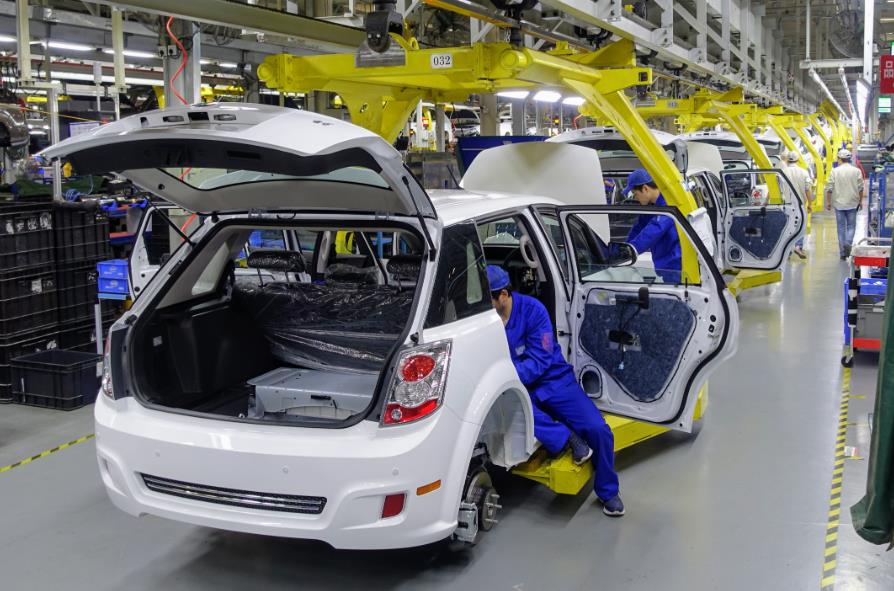
For this kind of problem, exporters typically lose the local after-sales service in the exporting country due to the price advantages of parallel imported vehicles. It is also challenging for customers to return vehicles to the exporting country for after-sales service when issues arise. Therefore, we generally recommend that customers seek local dealers for the car brand they have imported. Many new energy vehicle manufacturers, in line with internationalization trends, have established corresponding offline service networks in various regions of many countries. When imported vehicles encounter issues, we recommend searching for nearby service points as the most convenient approach.
If there are no service points for the imported car brand nearby, we suggest visiting local auto repair shops for inspection and repair. Some minor issues can be resolved through simple repairs. Moreover, as EVs become more prevalent and technology advances, many everyday problems that arise with EVs can also be addressed by reputable repair shops, and sometimes this can incur lower costs.
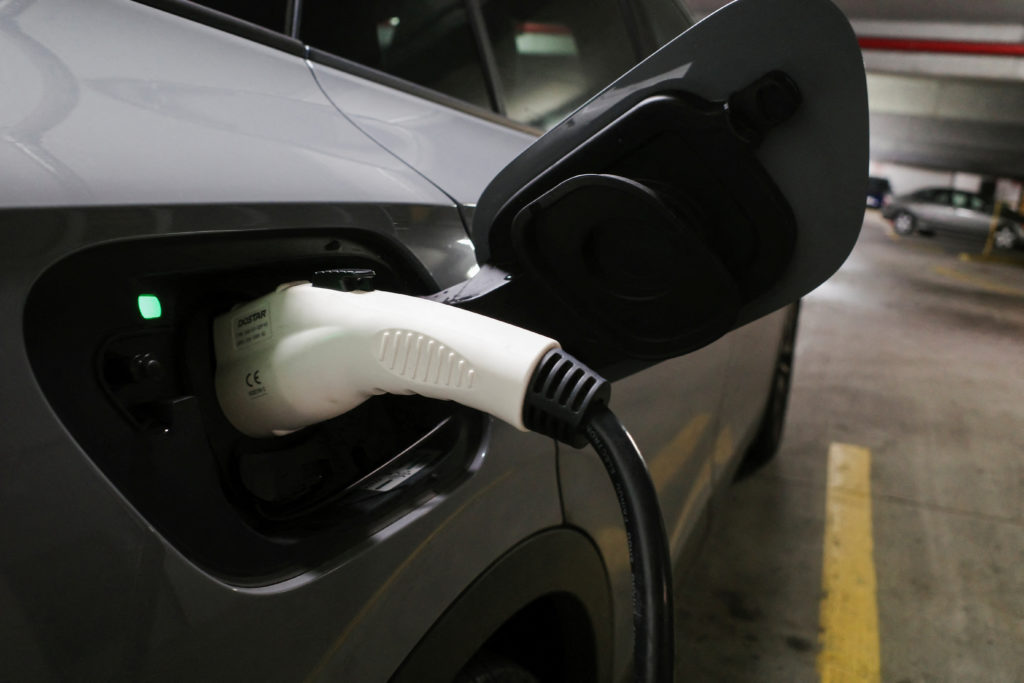
Of course, some component failures may require replacement. As exporters, we can assist in purchasing original factory auto parts and shipping them to you, helping to restore your vehicle to like-new condition.
In conclusion, the rapid development and high-quality manufacturing of Chinese new energy vehicles (EVs) provide overseas customers with abundant choices while also presenting challenges in after-sales service. In addressing these issues, consumers can actively seek support from local service networks and professional repair shops to ensure the safety of their vehicles during use. As exporters, we are committed to providing high-quality service and parts support to ensure that consumers have a positive experience with Chinese EVs at all times. With continuous technological advancements and market maturation, we believe the user experience of Chinese EVs will improve, providing satisfactory results for overseas customers who appreciate Chinese EVs.
